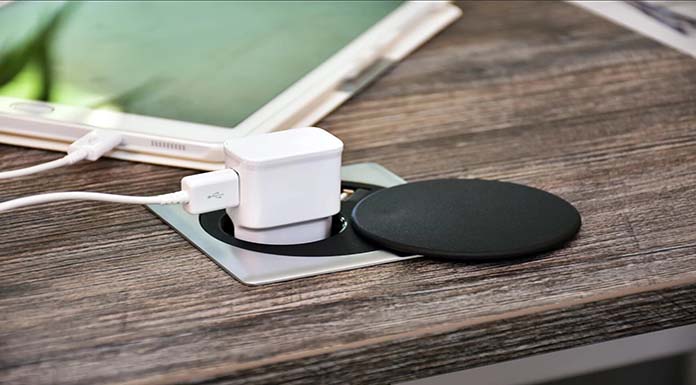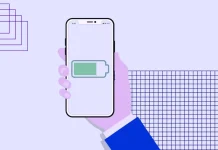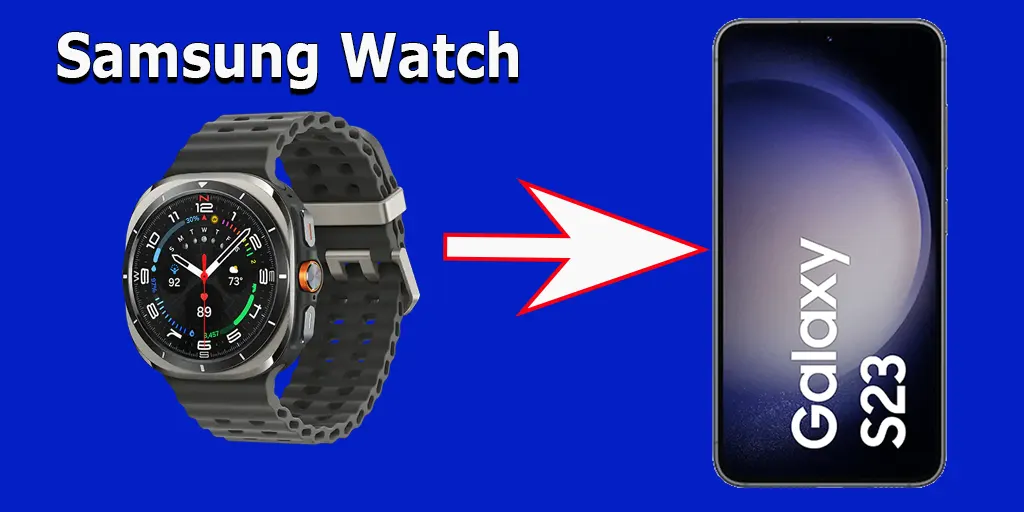Many smartphone users are concerned that their charger gets hot and fast when charging. It usually draws power from a wall outlet and converts it to a voltage that can be safely used with the phone. Only the conversion process isn’t 100% efficient, and always some of the power is left to turn into heat.
This is what causes the charger to heat up. This can be seen above all when using the fast charging function. In general, it is recommended to avoid the fast charging function, as the generation of higher voltage also causes the battery to heat up. However, other things can also cause the charger to heat up.
What to do if your phone charger gets hot
Sometimes excessive heat can mean a serious electrical problem inside your phone or charger. If it gets so hot that you can’t touch it, or the plastic case starts to melt, unplug the phone from the power source as soon as possible.
No certified charger designed for a specific model of the smartphone should become very hot. In exceptional cases, there may be a small amount of heat, but it is not critical for the device. If the charger body is very hot, it is an indication that there is a problem with the charger, or with the phone, and you should take steps to correct it.
In such cases, it is recommended to take the phone to a service to check if the battery in the phone or other components is damaged.
What could be the impact of overheating the charger?
Continuous overheating will cause problems with the miniature circuit board inside the charger body. The board contains a circuit whose elements (transformer, transistors, capacitors) burn out at high temperatures because they’re not designed for operation in such conditions. After some time, the device is sure to fail.
Damage to the board can cause a short circuit, and the high currents will cause a fire. It will not cause a large-scale fire, but the case will surely melt. If you try to unplug the power cord, there is a good chance that you will get an electric shock or a thermal burn.
What causes the charger to heat up?
Several reasons cause the device to heat up. They can be both natural and a consequence of a malfunction of the charger itself.
The efficiency of any charger is less than 100%. During voltage transformation, there will be a loss of energy, accompanied by the release of heat. Many smartphones have a fast charging feature. When you switch to this mode, a higher current is applied to the battery terminals, which also leads to heating of the charger.
Very often the reason for the heating is that the developer of the circuit has selected the wrong diodes, and the manufacturer has already launched adapters with this circuit in mass production. This is typical for Chinese-made chargers.
If right after the purchase the charger is so hot that its heating can be compared to the heating radiator in winter, it means that it is working at the limit of its capacity. The same situation can be observed when a heavier load is connected to the working charger.
How to figure out the causes of charge heating
First of all, you should carefully study the label glued to the device. If it has an amperage (mA) lower than that required to charge the battery of the smartphone, it means that heat will always be released during operation, which will cause the device to heat up.
If you cover the charger with an object (for example, a carelessly thrown sweater) while charging the smartphone, the free escape of thermal energy will be blocked. This will lead to overheating of the device, from which it can burn out.
A short circuit in the cable, the charger itself, or the connector of the smartphone can lead to the heating of the device. In this case, the battery will not charge at all. By this sign, it is not difficult to identify the problem.
The short circuit is caused by melting of the insulation inside the device or on the cable connected to the smartphone, as well as getting the thinnest copper hair on the contact of the plug when you connect the mobile device to the charger.





